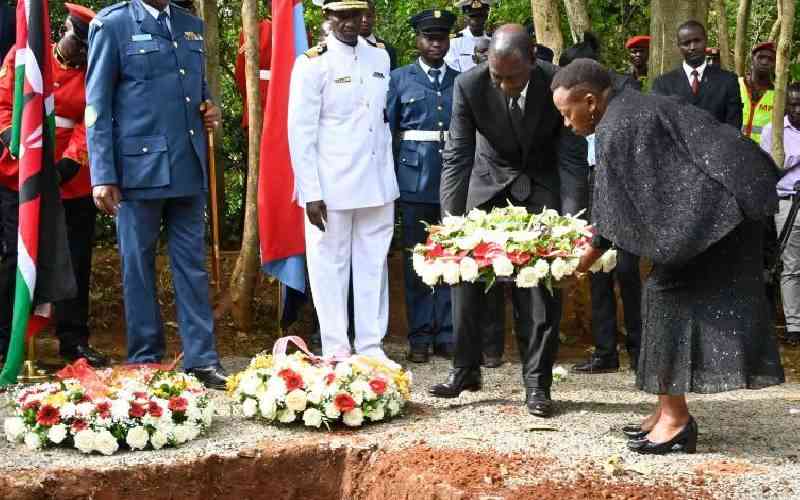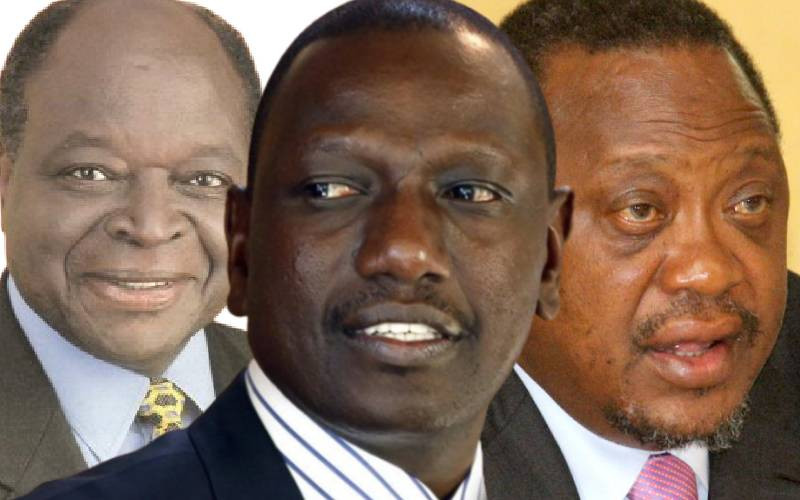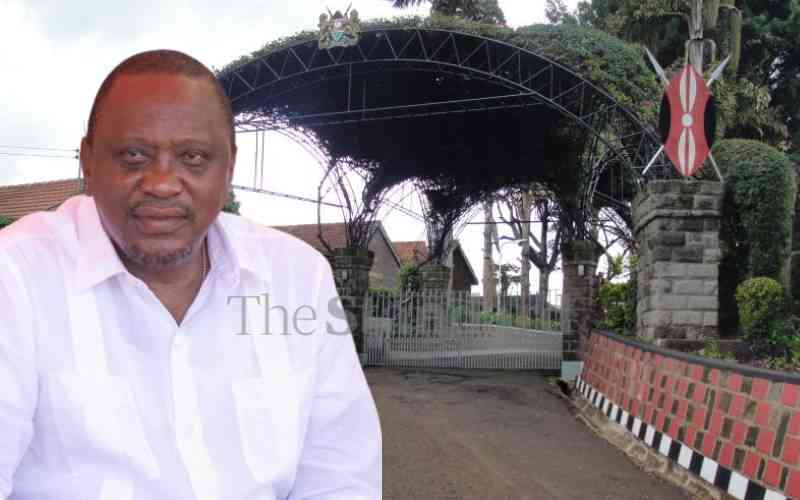In recent weeks, observers have expressed concern over the running of government by President Uhuru Kenyatta, some even suggesting that the nation is on auto-pilot. It reminds me of the early days of former President Kibaki when some Kenyans, led by the then opposition party chief who is now the president, accused him of his ‘hands off, eyes off and ears off’ policy, meaning we were on auto pilot.
Whilst Kibaki’s style was one of a laid-back, free hand approach to management, Uhuru’s is one of too much dependence on a clique of confidants based at State House, who are in the driver’s seat, breeding confusion and rancour in official circles.
A leader must influence change in society. Barely three months into office, Nigeria’s President Buhari has created a scare in the country’s elite, who are fearful of his action against runaway graft and influence peddling. Some key personalities were arraigned in court, whilst others have shelved their stock-in-trade, fearful of the president’s no-nonsense action against conspicuous consumption.
In Kenya, our first year was marked by enhanced grand corruption with the entry of ‘tenderentepreneurs’ and rent-seekers forming cartels around Harambee House and other government institutions.
There seems to be a sense of urgency in government that denied it the chance to settle in and listen to its citizens, and act on their needs. For instance, there is a hurry to start too many projects and programmes before completing others, with the consequence that it is difficult to know whether we are pursuing Vision 2030 or some other ad hoc development blueprint. It seems to me there is inadequate consultation in government, and less engagement with stakeholders on issues to build consensus. We have seen the return of roadside declarations, and whimsical interventions not based on merit.
The government seems to be on the warpath with everyone at the same time, and is clearly intolerant of dissenting views. It wants to shut down civil society by attempting to micro-manage their operations and stifle their finances. It has tried to muzzle the media under the pretext of insecurity and better regulation.
The President has rejected the Auditor General’s law, sending it back with amendments that would place the former under his control. Parliament has shed off its independence and is firmly in the Executive’s grip, courtesy of the Executive’s largesse. The President also wants to amend IPOA law to give himself powers to hire and fire its leadership and hence whittle down its powers, in the same way he has done with the police force. The National Land Commission too is on its radar. Generally, there is an attempt to roll back independence and oversight powers of institutions in favour tighter control.
But perhaps his major weakness is his inaccessibility to political leaders even from his backyard. He seems pretty much content running his politics through a small clique of gatekeepers and advisors. Uhuru does not hold parliamentary group meetings often, nor does he engage with regional political leaders to get a feel of the situation in their areas. This has led to Kenyans asking whether the President is really in touch with reality, as in the case of the recent cash crunch at Treasury.
Leadership requires that the President engages with leaders in the country to share their views and possible solutions to national challenges. He must listen to the voice of reason at all times. He also needs to crack the whip on non-performers in his government who are many. Above all, the President has to be involved directly and in person, not through proxies. The country needs to feel his presence of mind, not just in functions but in decisions and outcomes.
 The Standard Group Plc is a
multi-media organization with investments in media platforms spanning newspaper
print operations, television, radio broadcasting, digital and online services. The
Standard Group is recognized as a leading multi-media house in Kenya with a key
influence in matters of national and international interest.
The Standard Group Plc is a
multi-media organization with investments in media platforms spanning newspaper
print operations, television, radio broadcasting, digital and online services. The
Standard Group is recognized as a leading multi-media house in Kenya with a key
influence in matters of national and international interest.
 The Standard Group Plc is a
multi-media organization with investments in media platforms spanning newspaper
print operations, television, radio broadcasting, digital and online services. The
Standard Group is recognized as a leading multi-media house in Kenya with a key
influence in matters of national and international interest.
The Standard Group Plc is a
multi-media organization with investments in media platforms spanning newspaper
print operations, television, radio broadcasting, digital and online services. The
Standard Group is recognized as a leading multi-media house in Kenya with a key
influence in matters of national and international interest.








